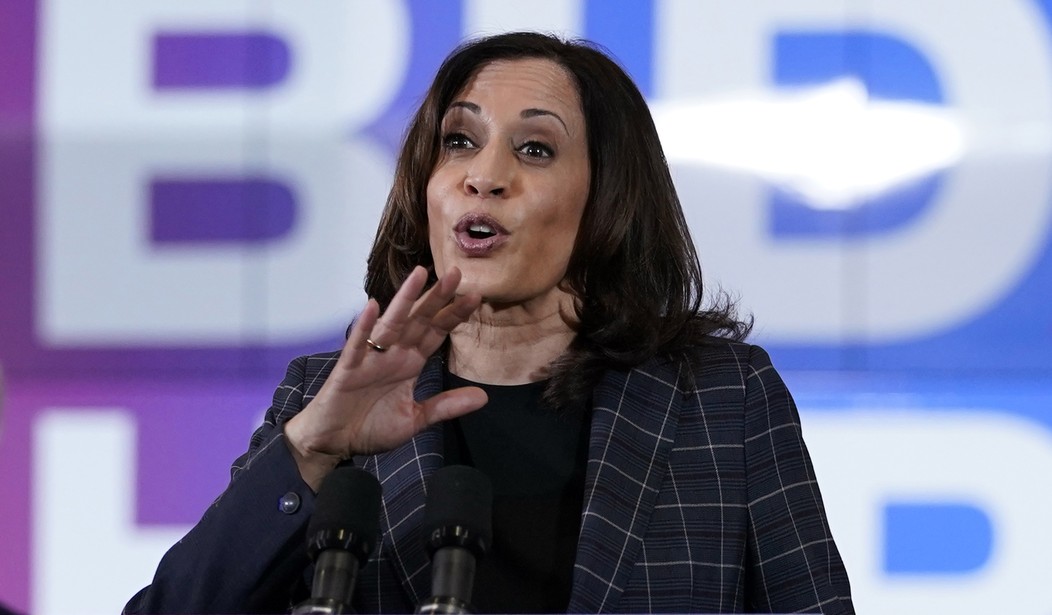In every Congress for the last three decades, a bill that would authorize a commission of experts to examine direct payments to black people as reparations for being held as slaves has been introduced. Both Joe Biden and Kamala Harris have said they back the bill and advocates are hoping that the protests and riots from last summer will have finally brought about the political support necessary to get the reparations ball moving forward.
The idea of “collective guilt” for crimes against humanity is Immoral. It’s rightly been rejected in international law as a standard of guilt.
But no one has ever tried to hold an entire race of people guilty of anything. The bill to set up a commission to examine the issue of how the reparations could work automatically assumes someone is guilty. And that “someone” is all white Americans.
But who? The commission will not name names — at least, of anyone living. It will be charged with coming up with a legislative scheme to pay for the sins of white people’s ancestors who enslaved black people — ancestors who were here in America anyway.
What of those of us whose relatives came after slavery had ended? We must pay for the sins of all white people who oppressed and discriminated against all black people from 1865 until this moment and beyond.
“Restorative Justice” is the catchphrase and while there may be a desire for someone to pay for the crimes against black people who were enslaved or even black people who have been oppressed and discriminated against, no individuals will be named. If reparations become law, the guilt will be white America’s guilt.
A hearing of the House Judiciary Committee will be held today on the reparations bill, known as HR 40 — named for the “40 acres and a mule” the government gave to each freed slave.
“It is clear … that the Democratic Party leadership is in favor of this legislation,” said Kamm Howard, a witness in Wednesday’s hearing and national male co-chair of the National Council of Blacks for Reparations. “The President would have a duty to move the legislation that his party in Congress is favorable to. And so we will look to that legislative process.”
Biden has garnered goodwill from Black activists and social justice advocates for moves early in his presidency that they say signal his commitment to taking racial equity work beyond talking points. Witnesses slated to appear at the hearing said that scheduling it within the first 100 days of the Biden administration was an important first gesture towards making progress on the bill.
The commission will have an impossible job — trying to make something “fair” that is inherently immoral and unfair.
If the legislation passes, it would create a commission of more than a dozen experts to review the United States government’s role in supporting enslavement of African Americans from 1619 to 1865 from a financial and legal perspective. It would then recommend to Congress ways to both educate Americans on the legacy of slavery and alleviate its harms.
There’s nothing wrong with targeting benefits and programs to a specific race. Alleviating the harms of slavery is another matter. Is the best way to do that by educating people about the past and charting a path forward to a more equal future? Or is it to dump trillions of dollars into black communities in America and place the mark of Cain on all white people?
Any real effort at reparations will only further divide the races in America and won’t help anyone.
Help us STOP Joe Biden’s radical agenda by becoming a PJ Media VIP member. Use promo code AMERICAFIRST to receive 25% off your VIP membership.










Join the conversation as a VIP Member